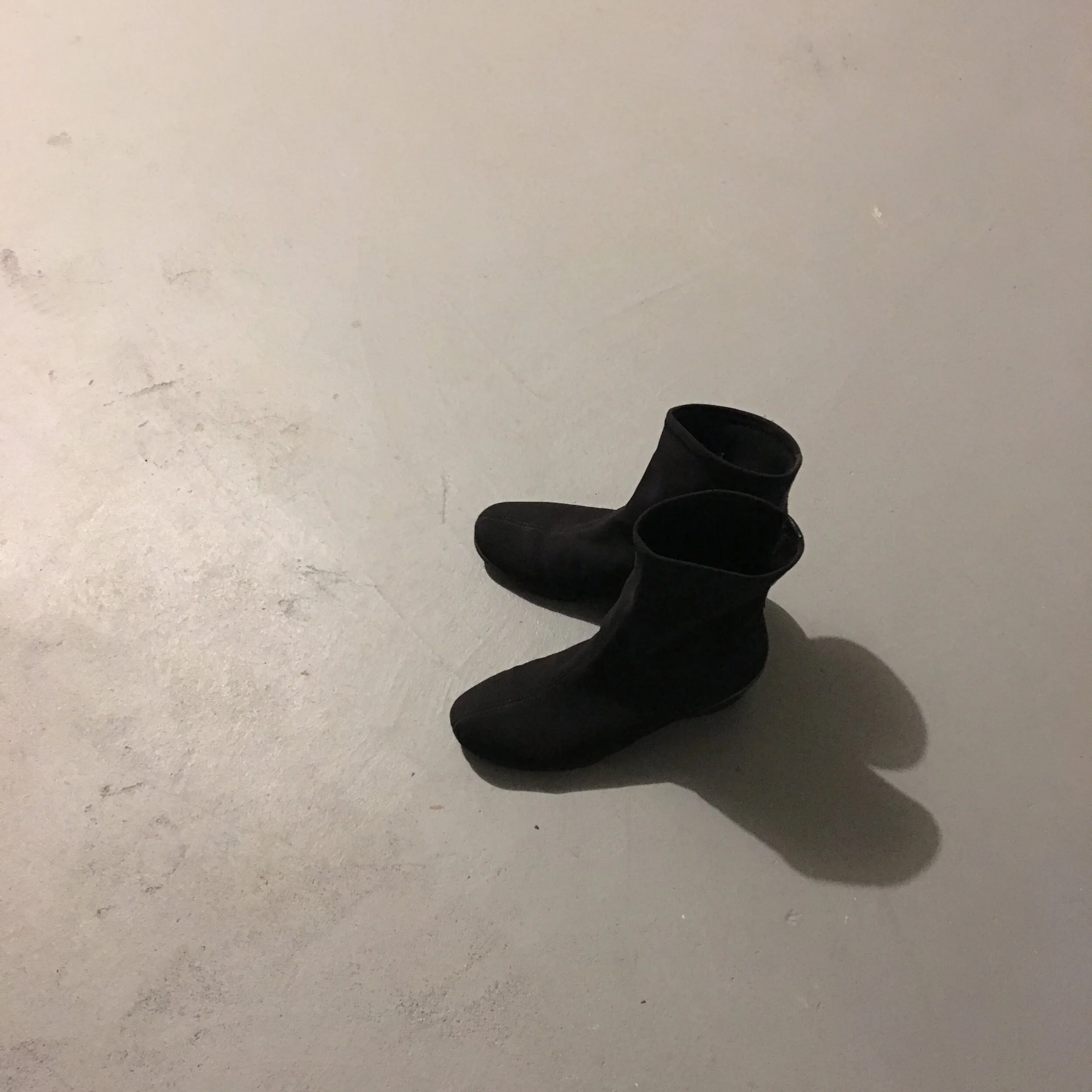Those eyes. That hunch. The contrast between the droopy but bug-eyed, stubbled, “computer person” for lack of a better word, and the people and dog outside is night and day. A blue light literally shadows our computer person’s face. I completely relate. This illustrates one of the reasons I am more inclined toward a non-diagnostic approach (after studying everything I did! Still, diagnosing has its place and is very much needed.) According to the definition of internet addiction, we may all easily be described as addicted based on the amount of time we spend.
I’m going to go off on a tangent here and make a comment on culture-bound syndromes (not too much because I will go on forever)— that particularly among people of color, and from what I know as someone of Korean descent, "certain mental illnesses” are not classified as such so long as everyone from your group perceives it as “normal.” For us, it includes psychosomatic symptoms, for others it may be marijuana use (separating the communal and spiritual purpose from diagnostic criteria for Cannabis use disorder). Did you get that? So it is this idea that everyone’s doing it (whatever it is), and therefore your behaviors and symptoms are not abnormal. NB: This is nevertheless pathologized by its neat categorization in the DSM as “culture bound syndromes”.
So during this period of Spring 2020, it has become normalized to sit at our computers for hours on end. I like to imagine our hours on the internet as a normal response, but even without being on actual meetings with other humans through the screen, we are all having conversations with these computers, daily. To the point where I wonder if a “computer person” is one who went down a slippery slope/rabbit hole long enough that they would not be the same person if they did not have a device on them. If essentially our devices become extensions of ourselves and whether you can call it a “normal human response.”
I even feel badly about writing too long for the sake of my eyes and yours :). But I must end with the point that with these conversations (AKA all the google searches and downloads we make that probably provides more information about us than some of the people in our lives will ever know) come a huge drain on our ability to attend to our Truth. And whenever I stumble across something, even if it is a snippet of unexpected wisdom on how to bring oneself back, I am reminded of how irreplaceable we each are. We may constantly be on our computers, we may wish we were “just as good” as our computers to accomplish what we want. But the most important thing is that we have the gift of being decision makers over where we spend our time and interchangeably with our resources.
The work of healers irrevocably involves in some capacity the client’s relationship with their computers. Because this connects ceaselessly with their relationship with their worth, both inherently and as monetized. And the clients’ relationship with their money involves their relationship to their healing and to their healer. While we have that gift of deciding what to do, whether we actually think we do and that we can is a whole nother matter. So for this computer person, while they may have commitments that require long encounters with https:// , I hope healers can be like that sunshine coming in from the window that yes, you do have to take some time (and resources) to look at. But to trust that it is worth it because, you know what, a computer person is very much a person.




![money_therapy_iStock_000020249104 [Converted].jpg](https://images.squarespace-cdn.com/content/v1/54011eede4b0ebc5a8dac573/1588888743714-A20WWSTS19IHJF8DFI09/money_therapy_iStock_000020249104+%5BConverted%5D.jpg)



